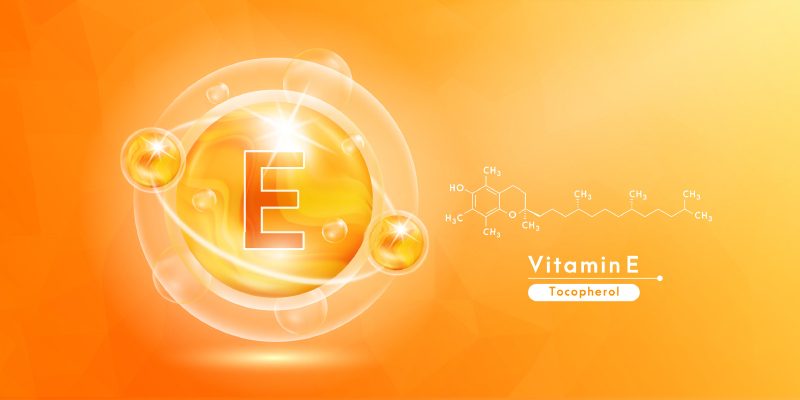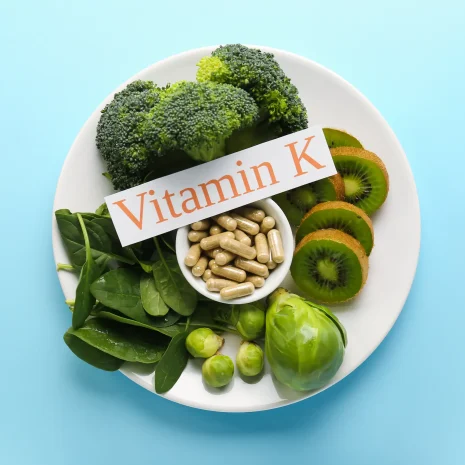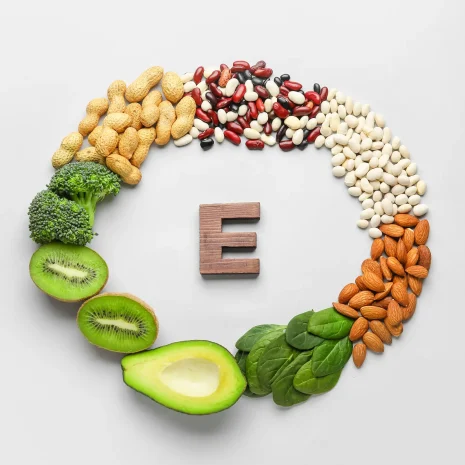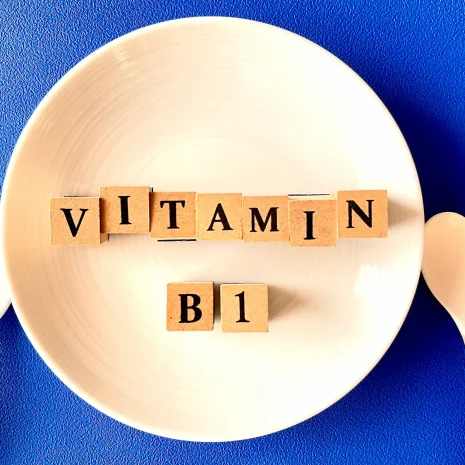What is Vitamin E?
Vitamin E is a fat-soluble vitamin critical for human health, playing a vital role in numerous physiological functions throughout the body. This nutrient is found in a wide range of foods, including plant oils, grains, meats, poultry, eggs, fruits, vegetables and particularly in high concentrations in wheat germ oil.
While deficiencies in vitamin E are rare, they can occur, particularly in individuals with specific gastrointestinal disorders or very low-birth-weight premature infants. This article delves into the sources of vitamin E, its functions, potential deficiencies and the benefits it offers for overall health.
Which foods contain vitamin E?
Vitamin E is abundant in many foods, particularly those derived from plants. Key sources of vitamin E include:
- Oils: Wheat germ oil, sunflower oil, safflower oil and soybean oil are rich in vitamin E.
- Nuts and Seeds: Pumpkin seeds, almonds and peanuts provide substantial amounts of this essential nutrient.
- Fruits and Vegetables: Several fruits and leafy greens are excellent sources, including:
- Kale : 1.6 mg per 100g
- Spinach : 1.9 mg per 100g
- Asparagus : 1.2 mg per 100g
- Avocado : 2.1 mg per 100g
- Mango : 0.4 mg per 100g
- Red bell peppers : 1.6 mg per 100g
- Broccoli : 0.9 mg per 100g
Here is a breakdown of some particularly high sources of vitamin E (amounts are per 100g):
- Roasted Sunflower Seeds: 7.4 mg
- Roasted Almonds: 6.8 mg
- Hazelnuts: 4.3 mg
- Roasted Peanuts: 2.2 mg
- Boiled Spinach: 1.9 mg
- Kiwi: 1.1 mg
- Tomato: 0.7 mg
Incorporating these foods into your meals can help ensure that you receive sufficient vitamin E.
What is vitamin E good for?
Vitamin E functions primarily as an antioxidant, protecting cells from damage caused by free radicals. These harmful compounds can arise from natural processes in the body or from environmental factors such as tobacco smoke and radiation. The antioxidant properties of vitamin E contribute to reducing the risk of chronic diseases, including heart disease and cancer.
Additionally, vitamin E supports:
- Vision Health: It plays a crucial role in maintaining eye health and may help prevent age-related macular degeneration.
- Immune Function: By enhancing the immune response, vitamin E helps the body combat infections and diseases.
- Metabolism Boost: Vitamin E is known to promote metabolic processes within the cells, helping to keep processes working smoothly.
What does vitamin E do for your skin?
Vitamin E has notable benefits when applied topically. It can help alleviate various skin issues, including:
- Hyperpigmentation: Vitamin E can moderate excessive pigmentation, often used in combination with vitamin C for enhanced effects.
- Moisturisation: The thick, oily consistency of vitamin E oil helps to hydrate dry skin and prevent irritation.
- Wound Healing: Due to its role in skin cell renewal, vitamin E can assist in faster healing of dry or cracked skin, including lips.
Signs of Vitamin E Deficiency
Selenium deficiency can lead to a variety of health issues, typically due to inadequate dietary intake or poor absorption. Symptoms of vitamin E deficiency may include:
- Neuromuscular Symptoms: Such as ataxia (loss of coordination) and peripheral neuropathy (nerve damage leading to weakness or numbness).
- Fatigue and Weakness: Insufficient levels can lead to chronic tiredness and decreased energy.
- Eye Disorders: Patients may experience retinopathy, which can impair vision.
- Immune Dysfunction: Increased susceptibility to infections due to a weakened immune response.
If you suspect a deficiency in vitamin E, it’s essential to consult a healthcare professional for proper diagnosis and treatment options.
What are the symptoms of a vitamin E deficiency?
Vitamin E deficiency can lead to a variety of health issues, typically due to inadequate dietary intake or poor absorption. Symptoms of vitamin E deficiency may include:
- Neuromuscular Symptoms: Such as ataxia (loss of coordination) and peripheral neuropathy (nerve damage leading to weakness or numbness).
- Fatigue and Weakness: Insufficient levels can lead to chronic tiredness and decreased energy.
- Eye Disorders: Patients may experience retinopathy, which can impair vision.
- Immune Dysfunction: Increased susceptibility to infections due to a weakened immune response.
If you suspect a deficiency in vitamin E, it’s essential to consult a healthcare professional for proper diagnosis and treatment options.
Conclusion: The Importance of Vitamin E in Your Diet
Due to its myriad health benefits, maintaining adequate vitamin E levels is essential. This vitamin plays a critical role in protecting organs, acting as an antioxidant and contributing to healthy skin. By ensuring your diet includes sufficient sources of this nutrient or considering vitamin E supplementation when necessary, you can enhance your overall health and guard against potential deficiencies.
While multivitamins can offer valuable support for overall health, it is essential to recognize that a balanced diet should remain the cornerstone of nutritional well-being. Multivitamins are intended to be a complementary measure and should not be considered a substitute for a diverse and nutritious food intake.
Note: It is strongly advised that individuals consult a healthcare professional prior to initiating any supplement, particularly if they have existing health conditions, are taking prescribed medications, or are pregnant.








